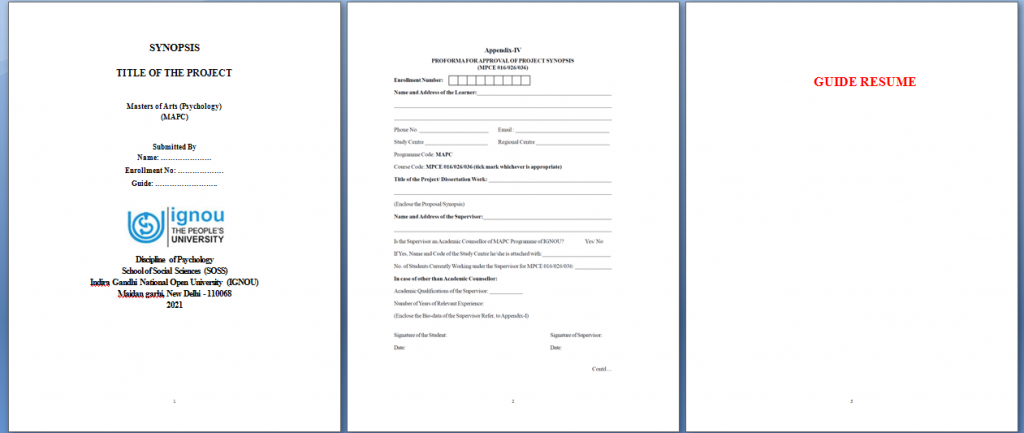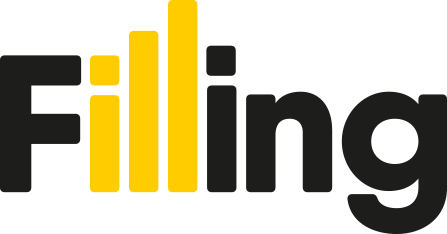
Including Real-World Business Problems and Applications in IGNOU MCom Project Topics 2025
Introduction to MCOP-001 and Practical Business Problems
The IGNOU Master of Commerce (MCom) program requires students to complete the MCOP-001 project, a essential component entailing approximately 180 hours of work and a report of 50–60 pages. Picking a topic that tackles practical business challenges guarantees your project is valuable to industry needs and enhances your skills. This article examines how to integrate practical business challenges and their practices into your MCom project topic for 2025, such as “Equity Analysis in Banking”.
What Makes Practical Business Problems Are Important
Addressing applied business challenges in your MCOP-001 project showcases your ability to apply theoretical knowledge to real scenarios, making your research pertinent to evaluators. Applied topics link to current market challenges, such as consumer behavior shifts, and allow you to propose applications that impact industries. For example, a topic like “Impact of FinTech on SME Financing” demonstrates your ability to tackle relevant issues, enhancing your CV for job opportunities.
Discovering Practical Business Problems
To choose a topic, find practical business issues in HR or other MCom areas. Initiate by reviewing business journals from resources like IBEF. For financial management, investigate problems like financial fraud. For advertising, center on challenges like adopting sustainable practices. For employee management, examine issues like employee turnover. For instance, “High employee attrition in startups” are applied problems ripe for research.
Tying Problems to Real-World Applications
Once you’ve pinpointed a business issue, tie it to a practical application for your project. The MCOP-001 project demands a hypothesis-driven topic that suggests solutions to the challenge. For example, for the problem of SME financing, a topic like “Impact of FinTech on SME Loan Access” suggests strategies like alternative lending. For consumer behavior, a challenge like brand loyalty could lead to “E-Commerce Loyalty Programs”. For HR, address remote work challenges with topics like “Retention Strategies in Startups”.
Aligning with MCom Specializations
Confirm your topic matches with your MCom stream to meet curriculum requirements. For financial management, address problems like tax compliance with topics such as “GST’s Impact on SME Profitability”. For marketing, concentrate on issues like consumer retention with topics like “Green Marketing Strategies”. For HR, address challenges like remote work with topics like “Employee Retention in IT Firms”. This connection ensures your project is applicable to your learning.
Confirming Data Availability
A viable topic needs available resources to back your analysis. For applied challenges, leverage original data from surveys or published information from Google Scholar. For example, for “Digital Payments in Rural Areas”, collect financial reports from bank customers. For advertising topics like “Social Media’s Impact on Retail”, rely on market reports. For HR topics like “Remote Work Productivity”, conduct manager interviews. Ensure data is ethical and available within the 6-month timeline.
Developing a Solution-Oriented Methodology
Your MCOP-001 project requires a approach that tackles the issue with applied applications. Develop a methodology that incorporates techniques like surveys. For example, official Classihub blog for a banking topic like “Digital Payments and Consumer Trust”, apply surveys of SMEs to examine your research question. For a advertising topic like “Sustainable Marketing”, conduct case studies. For an employee management topic like “Remote Work Productivity”, implement HR data analysis. This approach demonstrates your ability to tackle real-world issues.
Engaging Your Supervisor
Engage your IGNOU mentor to verify your solution-oriented topic meets MCOP-001 requirements. Prepare 2–3 topic ideas, each with a brief summary of the issue, solution, methodology, and scope. For example, propose “Retention Programs in Startups” and seek feedback to perfect your synopsis. Your supervisor can propose narrowing the challenge or tweaking the approach to confirm viability.
Samples of Problem-Based Topics
Here are instances of topics addressing real-world business challenges:
- Banking: “FinTech’s Role in SME Loan Access” – Solves credit access using surveys.
- Consumer Behavior: “E-Commerce Consumer Trust in 2025” – Focuses competition with consumer surveys.
- Employee Management: “Remote Work Productivity Solutions” – Solves turnover using employee surveys.
Actionable Tips for Incorporating Business Problems
Here are useful tips to guide you incorporate practical issues:
- Examine business journals to pinpoint current challenges.
- Connect the issue to a solution within your area.
- Verify information sources for your problem from credible databases.
- Create a methodology with tools like data analysis to tackle the issue.
- Discuss with your mentor to refine your topic for acceptance.
Conclusion
Including practical business challenges and their applications into your IGNOU MCom project topic for 2025 confirms a relevant and meaningful research experience. By pinpointing ongoing challenges, linking them to solutions, and ensuring practicality, you can develop a strong MCOP-001 project. Take time to study industry challenges, consult your mentor, and write a proposal that meets IGNOU’s requirements for success.
